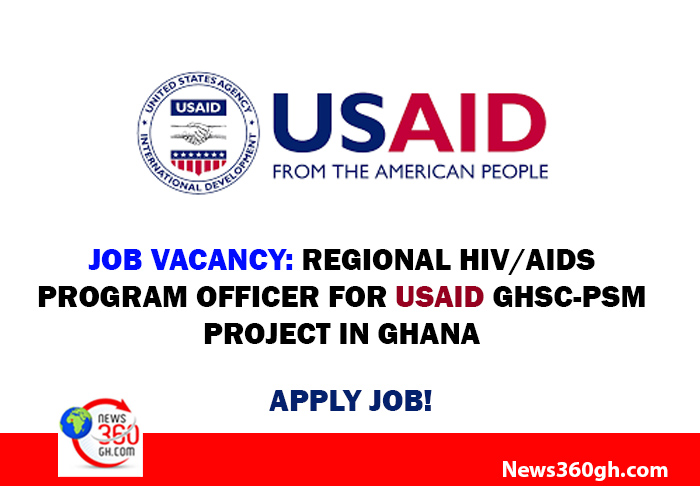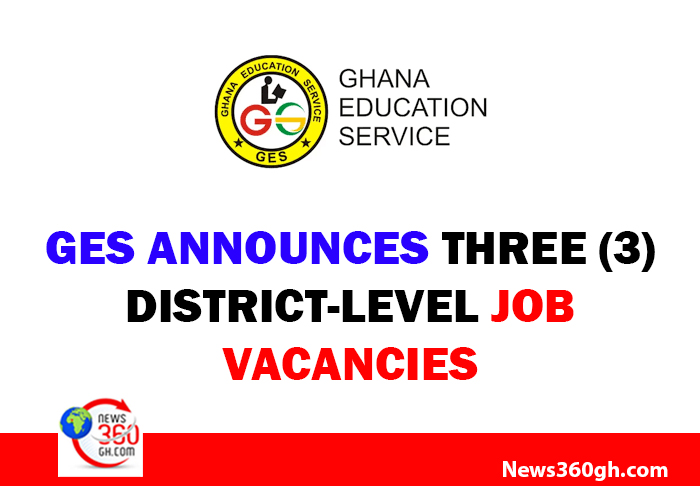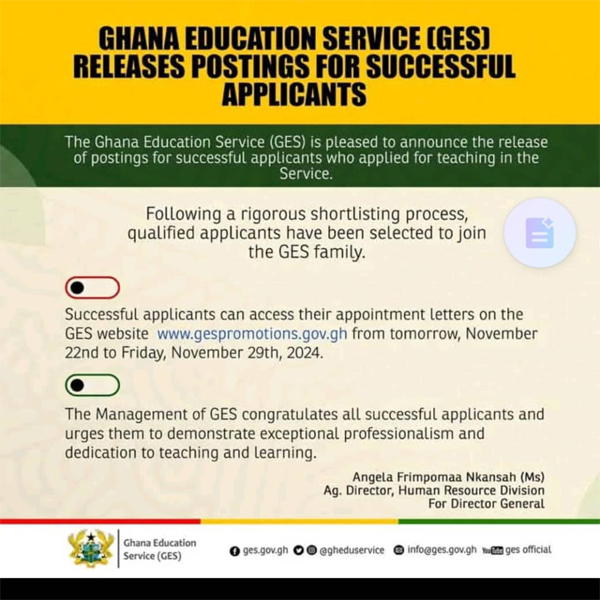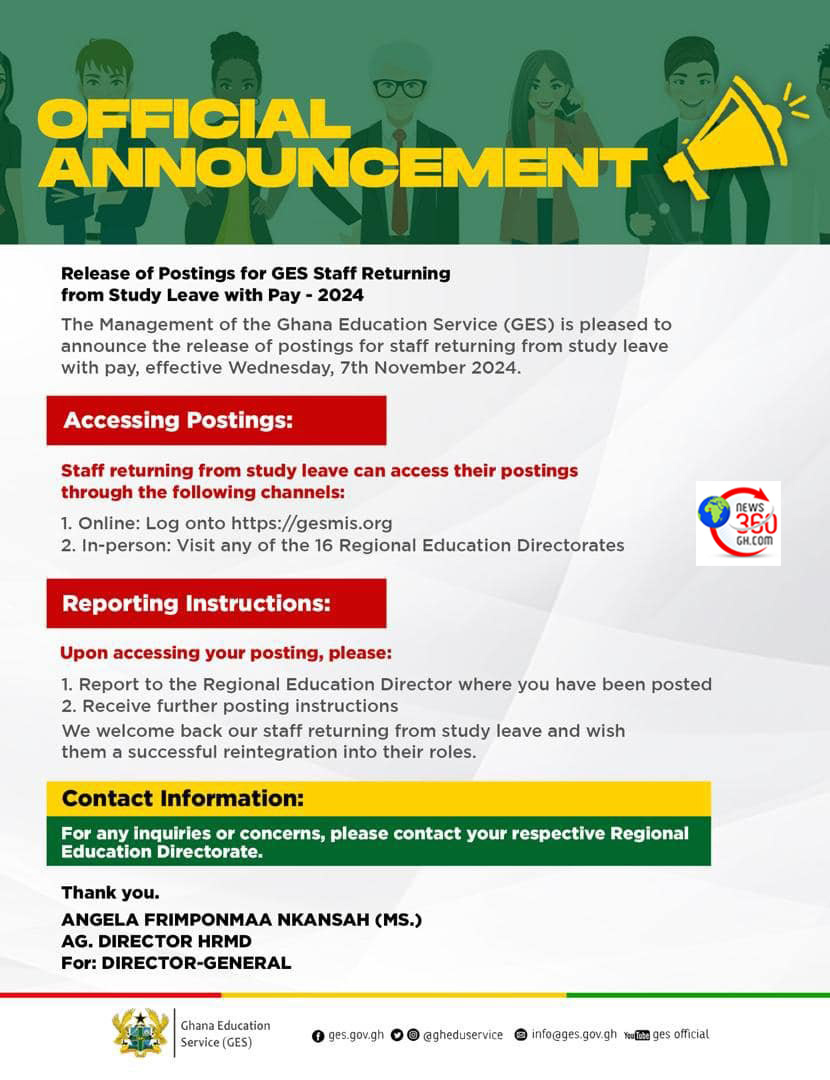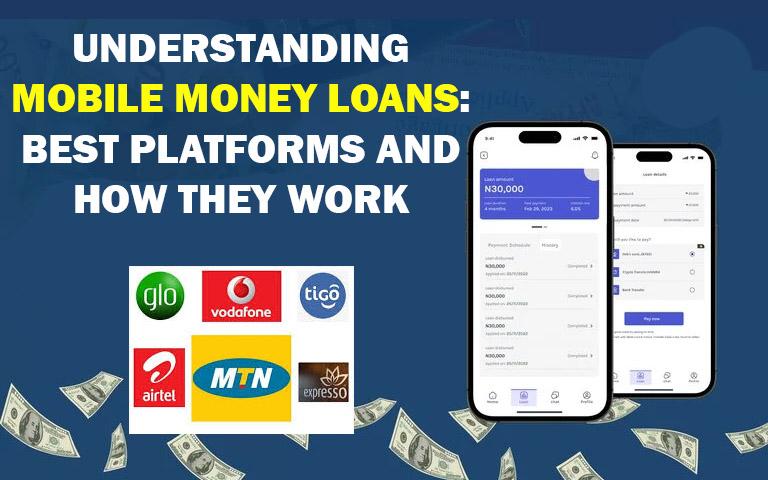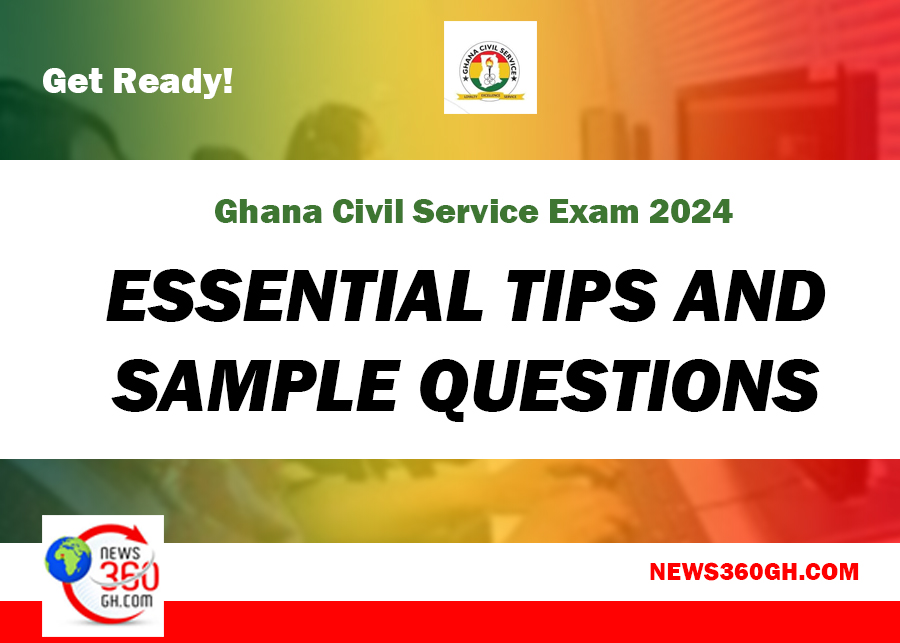
Are you aspiring to join the Ghana Civil Service? Cracking the competitive online exam is the first step towards a fulfilling career in public service. This blog post provides valuable insights into the exam format, common question types, and effective preparation strategies. We’ll also share some sample questions to help you familiarize yourself with the exam pattern.
Understanding the Ghana Civil Service Exam
The Ghana Civil Service exam is designed to assess candidates’ cognitive abilities, general knowledge, and aptitude for public service. The exam typically comprises multiple-choice questions covering various sections such as:
- Verbal Ability: Synonyms, antonyms, sentence completion, reading comprehension.
- Numerical Ability: Arithmetic, data interpretation, number series.
- Logical Reasoning: Deductive and inductive reasoning, problem-solving.
- General Knowledge: Current affairs, history, culture, geography.
- Aptitude for Public Service: Ethical dilemmas, leadership, public service values.
Effective Preparation Strategies
- Practice Regularly: Consistent practice is key to improving your speed and accuracy. Solve sample questions from previous exams or online resources.
- Time Management: Develop effective time management skills to tackle questions efficiently.
- Enhance General Knowledge: Stay updated on current events, both locally and internationally.
- Develop Problem-Solving Skills: Practice logical reasoning and critical thinking exercises.
- Understand Public Service Values: Familiarize yourself with the core principles of public service.
Sample Questions
Verbal Ability
- Synonyms: Which is the synonym of “obscure”?
- A. Clear
- B. Hidden
- C. Bright
- D. Famous
Answer: B. Hidden
- Antonyms: Which is the antonym of “benevolent”?
- A. Kind
- B. Cruel
- C. Generous
- D. Compassionate
Answer: B. Cruel
- Sentence Completion: Choose the best word to complete the sentence: “She was known for her _______ nature.”
- A. Malicious
- B. Benevolent
- C. Indifferent
- D. Hostile
Answer: B. Benevolent
- Reading Comprehension: Read the passage and answer the question that follows.Passage: “The economic policies of the new government are aimed at reducing inflation and boosting employment. However, the long-term effects of these policies are still uncertain.”What is the main goal of the new government’s economic policies?
- A. Reducing inflation and boosting employment
- B. Increasing inflation
- C. Reducing employment
- D. Increasing uncertainty
Answer: A. Reducing inflation and boosting employment
Numerical Ability
- Arithmetic: If a car travels 120 km in 2 hours, what is its speed in km/h?
- A. 40
- B. 60
- C. 80
- D. 100
Answer: B. 60
- Data Interpretation: The following table shows the production of different crops (in tonnes) in a year:
Crop Production (tonnes) Rice 500 Wheat 300 Maize 200 What is the total production of all crops?
- A. 800
- B. 900
- C. 1000
- D. 1100
Answer: B. 1000
- Number Series: What is the next number in the series 2, 4, 8, 16, …?
- A. 20
- B. 24
- C. 32
- D. 36
Answer: C. 32
Logical Reasoning
- Deductive Reasoning: If all cats are animals and some animals are dogs, which of the following is definitely true?
- A. All cats are dogs
- B. Some cats are dogs
- C. No cats are dogs
- D. Some animals are cats
Answer: D. Some animals are cats
- Inductive Reasoning: Identify the pattern in the series and choose the next item: 3, 6, 11, 18, …
- A. 25
- B. 27
- C. 29
- D. 30
Answer: A. 27
- Problem-Solving: A clock shows the time as 3:15. What is the angle between the hour and the minute hands?
- A. 0 degrees
- B. 7.5 degrees
- C. 15 degrees
- D. 30 degrees
Answer: B. 7.5 degrees
General Knowledge
- Current Affairs: Who is the current President of Ghana?
- A. John Dramani Mahama
- B. Nana Akufo-Addo
- C. Jerry Rawlings
- D. Kofi Annan
Answer: B. Nana Akufo-Addo
- History: In which year did Ghana gain independence?
- A. 1955
- B. 1957
- C. 1960
- D. 1961
Answer: B. 1957
- Culture: What is the traditional cloth of the Ashanti people called?
- A. Kente
- B. Dashiki
- C. Aso Oke
- D. Ankara
Answer: A. Kente
- Geography: Which river is the longest in Ghana?
- A. Volta River
- B. Niger River
- C. Congo River
- D. Nile River
Answer: A. Volta River
Aptitude for Public Service
- Ethical Dilemmas: You are a public servant and discover that a colleague is accepting bribes. What should you do?
- A. Ignore it
- B. Report it to the authorities
- C. Join them
- D. Confront them privately
Answer: B. Report it to the authorities
- Leadership: Which of the following is a key trait of an effective leader?
- A. Authoritarianism
- B. Indecisiveness
- C. Integrity
- D. Selfishness
Answer: C. Integrity
- Public Service Values: What is the primary purpose of public service?
- A. Personal gain
- B. Serving the public interest
- C. Political influence
- D. Financial profit
Answer: B. Serving the public interest
Conclusion
Cracking the Ghana Civil Service exam requires dedication and the right preparation. By following these tips and practicing regularly, you can increase your chances of success. Remember, understanding the exam pattern and practicing with sample questions is crucial.
Keywords: Ghana Civil Service exam, online exam, civil service preparation, exam tips, sample questions, verbal ability, numerical ability, logical reasoning, general knowledge, aptitude for public service.
Would you like to focus on a specific section for more sample questions or delve deeper into preparation strategies?
